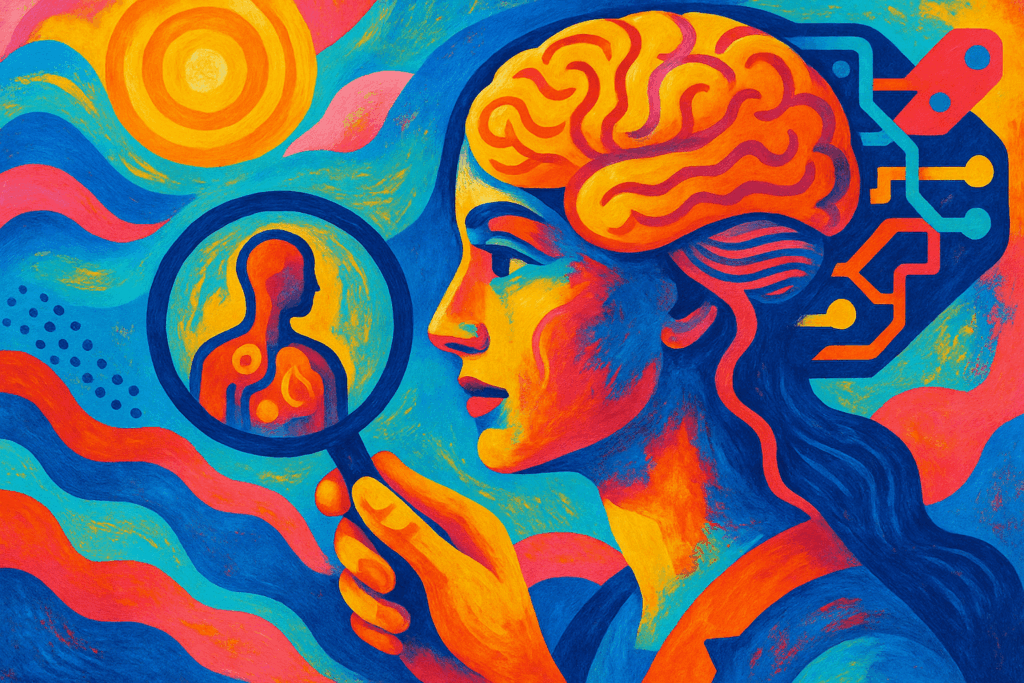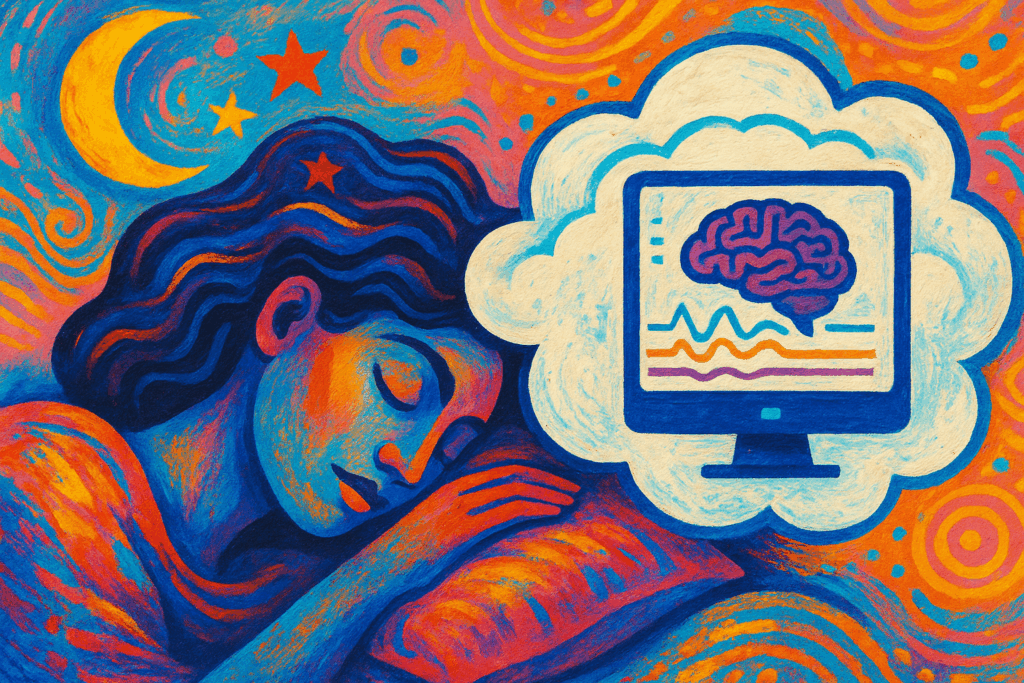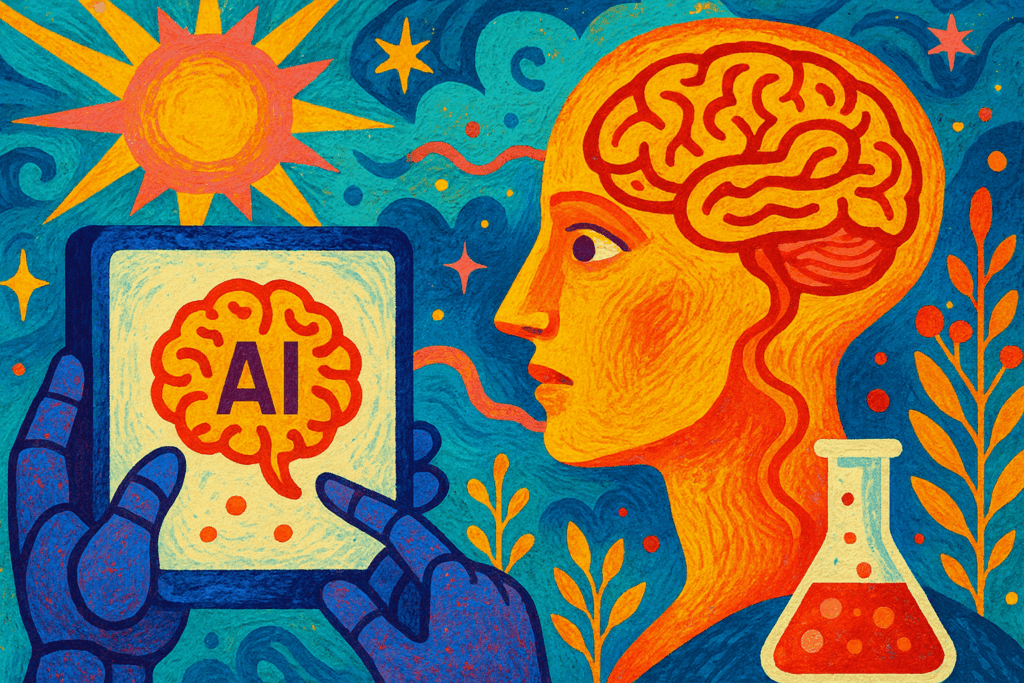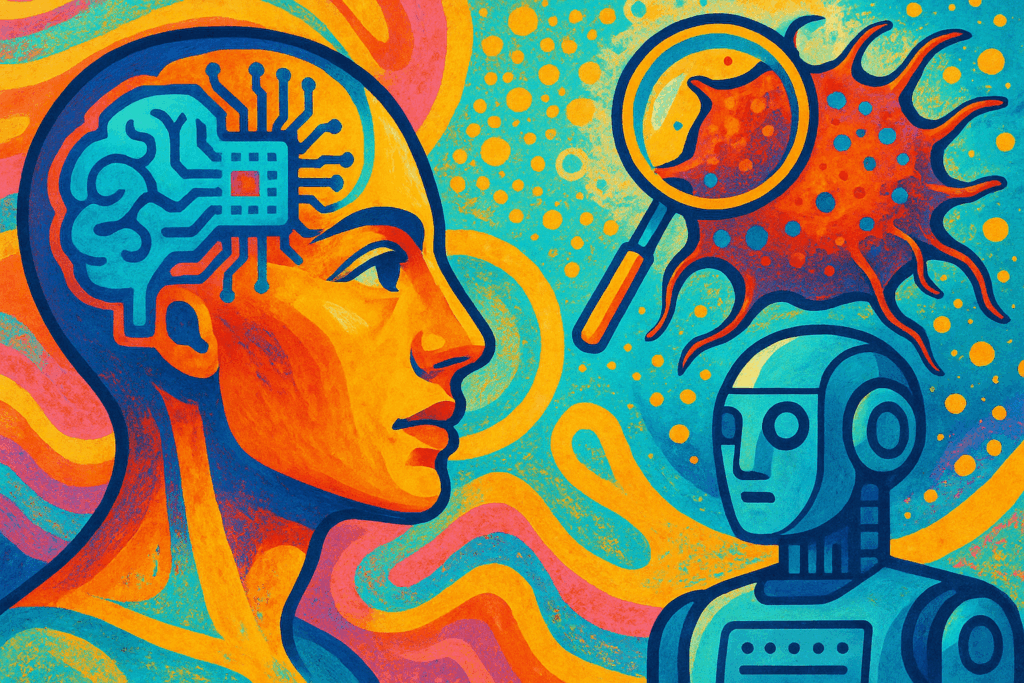The Dawn of Smarter Diagnostics
Artificial intelligence is reshaping medical diagnostics by surpassing traditional limitations, offering greater accuracy and speed. AI-powered systems analyze complex medical data rapidly, enabling healthcare professionals to detect diseases earlier and with higher precision. The result is improved patient outcomes and streamlined healthcare delivery, allowing clinicians to make informed decisions with greater confidence.
Key AI Applications Revolutionizing Detection
Among the most influential AI applications are advanced image analysis, genetic sequencing interpretation, and biomarker identification. In radiology and pathology, machine learning algorithms examine imaging data to identify abnormalities that might be missed by the human eye, improving detection rates of cancers and neurological diseases. AI-driven analysis of genetic data helps assess disease risk and guides more targeted screening strategies. Additionally, AI models identify molecular biomarkers, supporting diagnosis and treatment selection for cardiovascular and chronic conditions. These technologies collectively elevate diagnostic precision and open pathways for personalized treatment plans.
The Future: Intelligent, Integrated Healthcare
Looking ahead, AI is poised to integrate seamlessly into clinical workflows, offering real-time decision support and facilitating personalized medicine. Although challenges remain, such as integrating diverse health data sources and addressing ethical considerations, ongoing innovation is expanding AI’s role in healthcare. The continued development of interoperable platforms will enable AI to support complex diagnostic tasks, contributing to more efficient, patient-centered care. As these tools mature, their impact on early disease detection and individualized treatment will grow, marking a significant shift in diagnostic practice.




